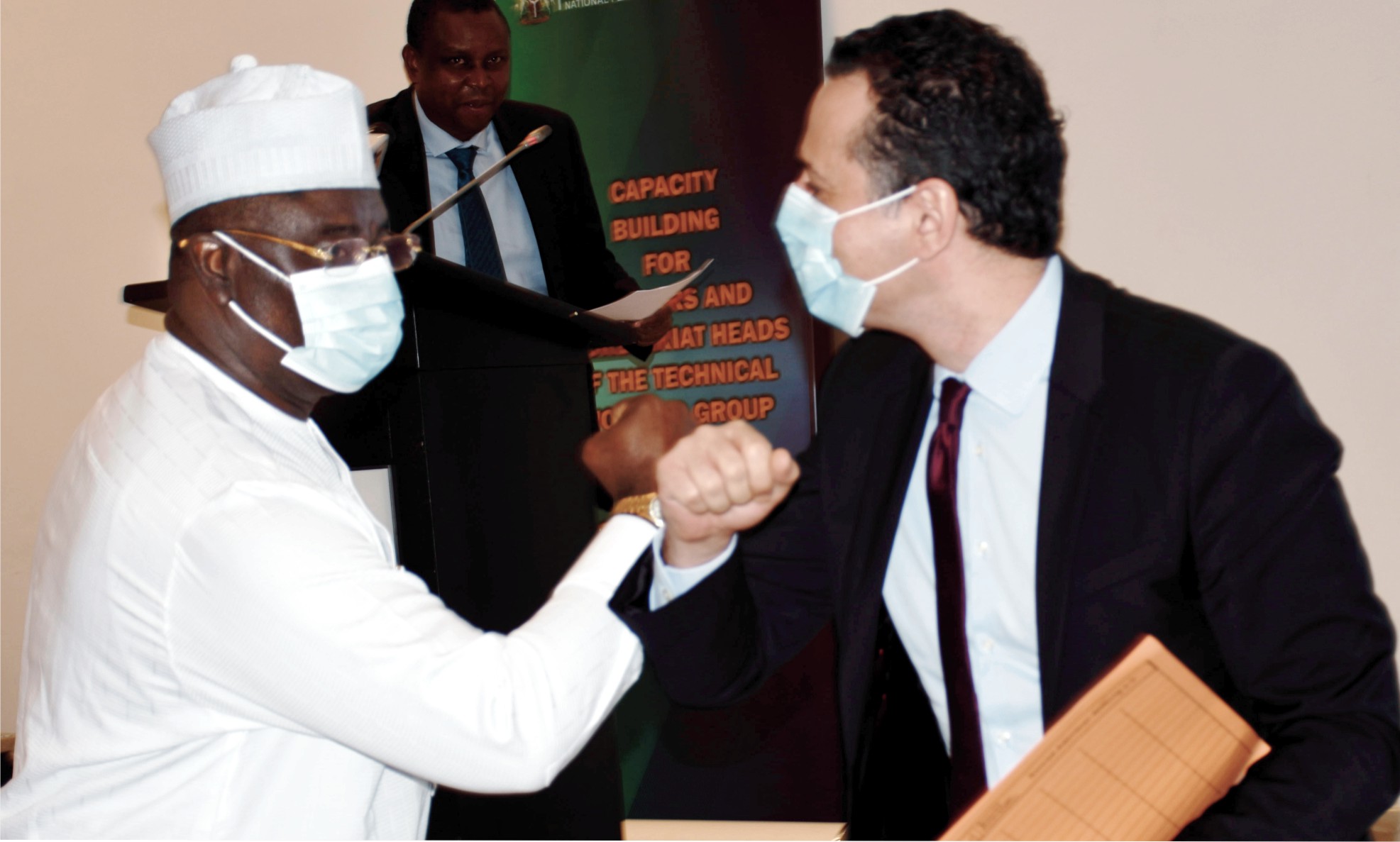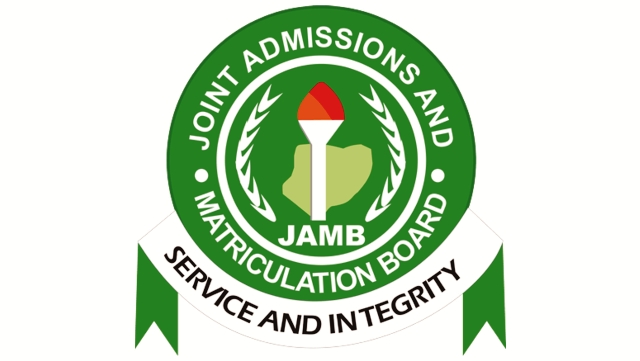Business
Buhari Sacks SON Boss, Appoints Farouk Salim …As NAIC Gets New Executive Directors

The Federal Government has sacked the Director General of Standards Organisation of Nigeria (SON), Mr Osita Aboloma and approved the appointment of Farouk Salim as the new Director General of the Agency.
Farouk Salim who hails from Kano State succeeds Aboloma whose tenure will expire next month.
The Minister of Investment, Trade and Industry, Otunba Niyi Adebayo, in a letter of appointment dated 21st August, 2020, stated that the appointment takes effect from 26th September, 2020.
According to the letter, the appointment is for a period of four years.
In another development, President Buhari has approved the
appointment of Bashir Tijani Babajo as the Executive Director, Operations, Nigerian Agricultural Insurance Corporation (NAIC) with effect from August 1, 2020
The President also renewed the appointment of Philip Ashinze as Executive Director, Finance and Administration, NAIC, for a second and final four year term with effect from August 1.
Their appointments were conveyed to the Minister of Agriculture and Rural Development, Alhaji Muhammad Sabo Nanoni, in a letter signed by the Chief of Staff to the President, Prof. Ibrahim Gambari.
Congratulating the two Executive Directors on their appointments, Nanoni urged them to bring their wealth of experience to bear in their tasks and ensure continuous implementation of NAIC’s mandate in accordance with extant laws and other subsisting rules and regulations.
other subsisting rules and regulations.
In a statement by the Director of Information, Ministry of Agriculture and Rural Development, Mrs Theodore Ogaziechi, the minister advised the EDs to justify the confidence reposed in them by working with all stakeholders to ensure harmony in the agricultural sector in support of Mr President’s Next Level Agenda.
Business
NCDMB, Dangote Refinery Unveil JTC On Deepening Local Content

Business
Industry Leaders Defend Local Content, … Rally Behind NCDMB

Business
Replace Nipa Palms With Mangroove In Ogoni, Group Urges FG, HYPREP

-
Politics11 hours ago
Alleged Money Laundering: Fayose Has No Case To Answer, Court Tells EFCC
-

 Politics6 hours ago
Politics6 hours agoAtiku Quits PDP, Says Decision Heartbreaking
-
Rivers10 hours ago
CDS Urges Communities To Protect Pipelines
-
Politics12 hours ago
Atiku’s Exit No Problem To PDP – Makinde
-

 News8 hours ago
News8 hours agoShettima, Atiku, Obi Attend Buhari’s Fidau Prayer In Daura
-

 News11 hours ago
News11 hours agoJAMB Uncovers 9,469 Fake Admissions In 20 Tertiary Institutions
-

 News10 hours ago
News10 hours agoNAF Disowns Recruitment Adverts, Says It’s Fake
-
Rivers11 hours ago
Okrika Administrator Seeks To Connect Okujagu Ama To National Grid … Donates 30 Life Jackets To Okujagu Ama Boat Drivers

